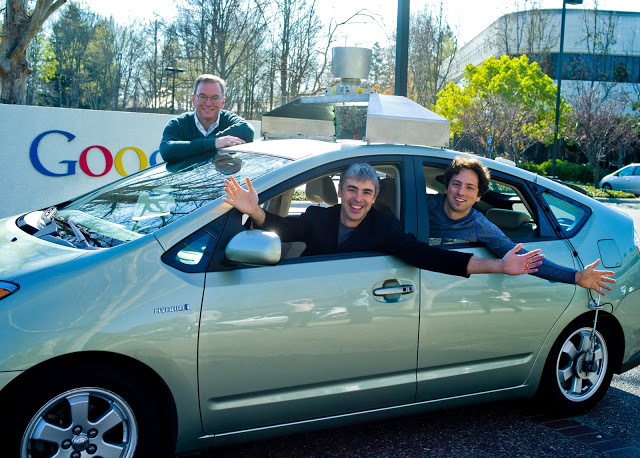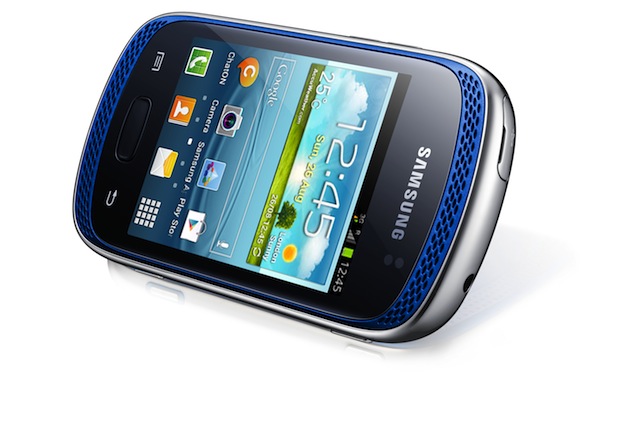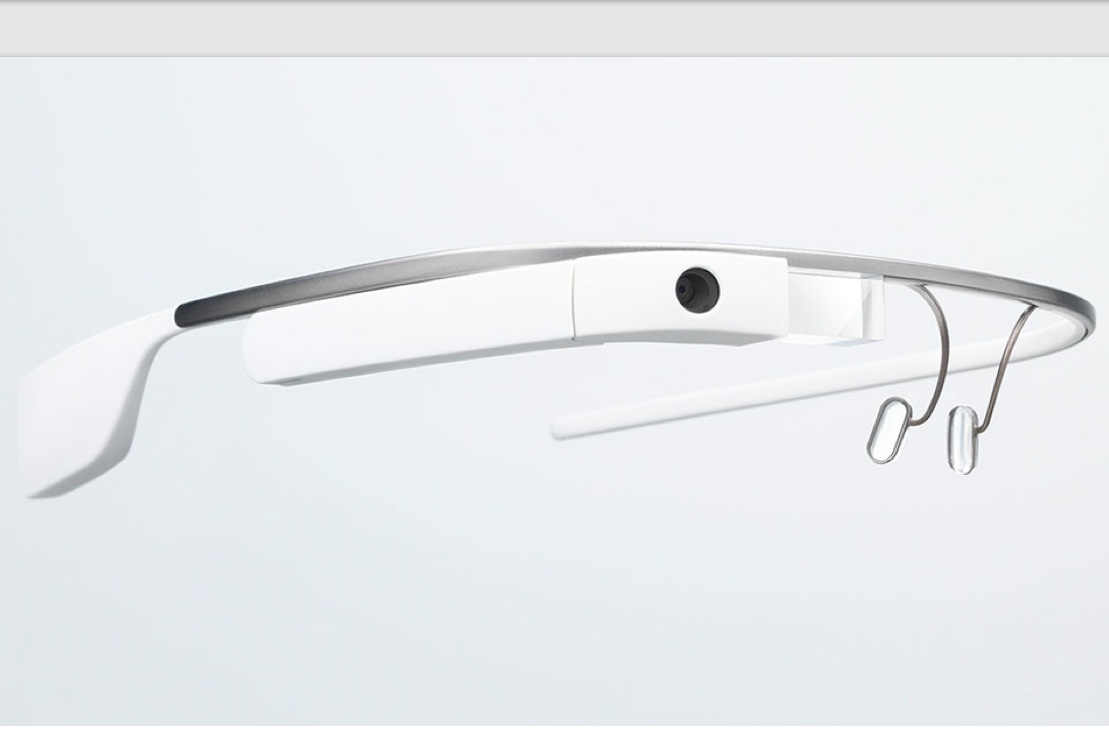“Google is not a conventional company. We do not intend to become one.” Writes Larry Page in his announcement the company he and Sergei Brin founded is to be renamed Alphabet with Google as one of its divisions.
The new company, which will continue to be listed as GOOG on the NASDAQ stock market, will have Page as CEO and Brin as Chairman with the various product lines and products split into discrete divisions under the umbrella holding company.
Page believes this will increase accountability and initiative within the divisions.
In general, our model is to have a strong CEO who runs each business, with Sergey and me in service to them as needed. We will rigorously handle capital allocation and work to make sure each business is executing well. We’ll also make sure we have a great CEO for each business, and we’ll determine their compensation.
How well this Japanese style Keiretsu model will work for Google will be interesting. The initial problem for the company is going to be the jockeying for positions within the restructured divisions.
Google’s management is well known for losing interest in projects and products that aren’t working out and those stranded in ‘orphan divisions’ without strong interest from Brin and Page’s team or big revenues are going to find life frugal and discouraging.
The plight of Google+
If you’re a Google employee you’d certainly be lobbying hard today to avoid being stuck in the division lumbered with the dying Google+ social media platform for instance.
The plight of Google+ may give us some clues to Page’s thinking. At the time of the 2008 financial crisis the company heeded the warnings of The Powerpoint of Doom and clamped down hard on costs. Since the crisis passed, Google has steadily become increasingly cumbersome and increased its headcount from 20,000 in 2009 to 54,000 four years later.
A restructure is an excellent opportunity to strip out a good deal of that fat.
For divisions like productivity apps, this sharpened focus may help the product and stir the teams into innovating. A Gartner report last week put Google Apps at a pathetic 2.1% of the global productivity while Microsoft maintains a 94% chokehold on the market. As an autonomous division, the Apps team is going to have to work a lot harder.
Protecting the core
Another question is how this will pan out for the core Google business. The combination of search and advertising remains a monstrous cash generator however its growth is slowing as the company struggles with the shift to mobile.
For the core Google employees, having profits sifted off their division for loss making moonshots may not be the most motivating thing and we may well see Sundar Pichai, the already announced CEO of the Google division, pushing back hard on the claims of other Divisional bosses for capital.
The restructure of Google is going to be an interesting experiment in how well the Japanese conglomerate model may work in the modern tech industry, if it does then we may see the modern equivalents of US Steel and AT&T develop.
For Google’s managers and employees however, having the harsh glare of shareholder accountability may not be the most comfortable experience.




